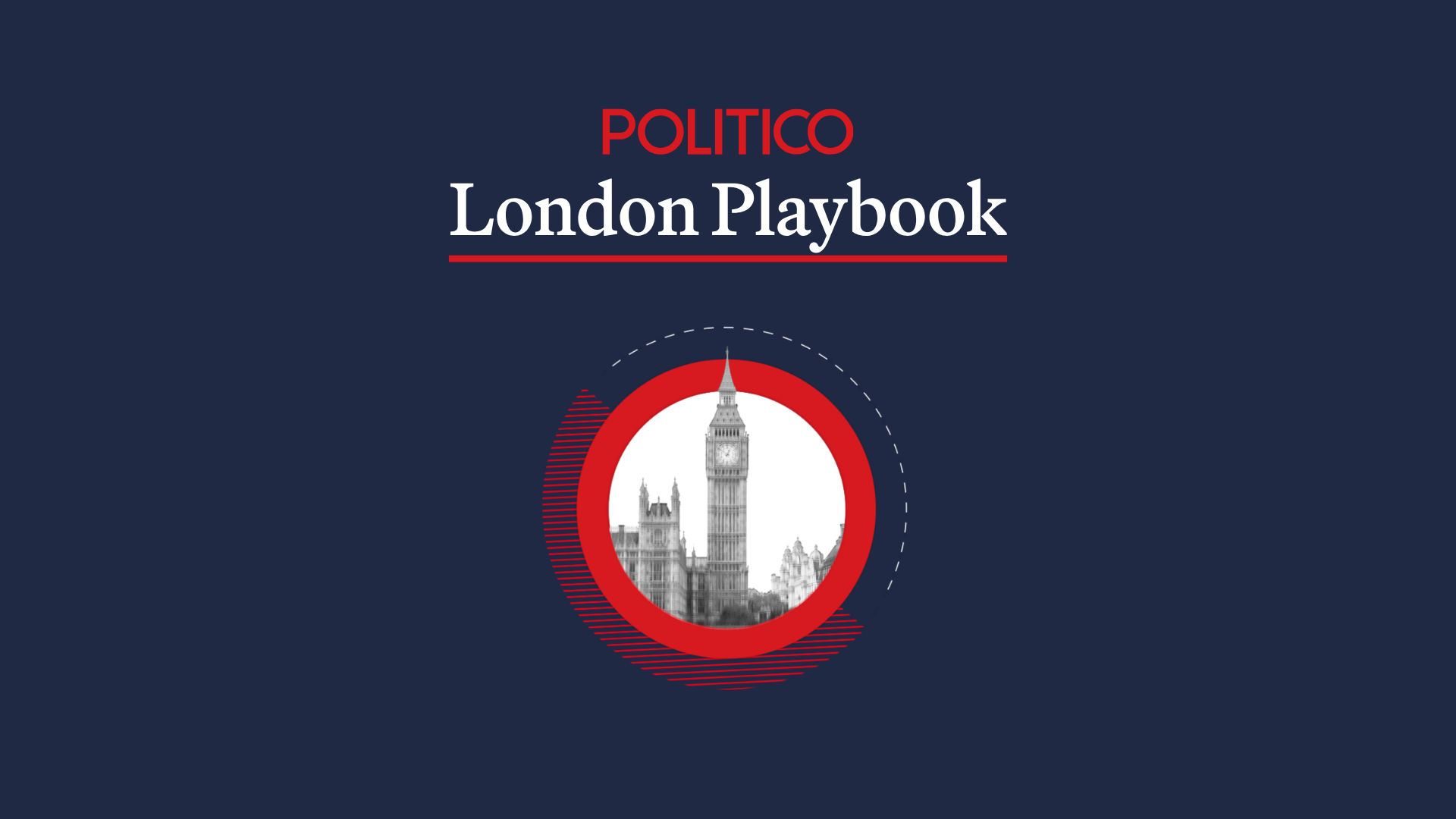Politics
Nigel Farage Revamps Economic Strategy, Scraps Tax Cut Promises

In a significant shift for the political landscape, Nigel Farage has announced the termination of his party’s previous economic contract with the public, opting for a revised vision focused on fiscal responsibility. This decision comes as Rachel Reeves prepares to unveil her budget in 23 days, emphasizing the government’s approach to taxation and public finances.
Farage’s New Economic Course
Farage, now the leader of Reform UK, will formally abandon the party’s “Our Contract With You” document during a speech at the Banking Hall in the City of London at 11 a.m. today. This move includes scrapping the previously promised £90 billion in tax cuts, a commitment that the Institute for Fiscal Studies had criticized as financially unfeasible.
During his address, Farage is expected to outline a new economic strategy aimed at restoring credibility. He plans to highlight the failures of successive Conservative administrations in managing national debt over the past 14 years and to critique the current Labour government’s economic stewardship.
“We must get the economy growing,” Farage intends to declare, setting the stage for a potential future announcement of tax cuts if economic conditions improve. This strategy marks a departure from previous costly pledges, including raising the personal allowance to £20,000 and eliminating inheritance tax on estates valued below £2 million.
Strategic Political Maneuvering
Farage’s aides have indicated that today’s speech will be a pivotal moment for the party as it seeks to distance itself from past promises. The speech aims to position Reform UK as a credible alternative to both the Conservative and Labour parties while addressing concerns regarding public spending and borrowing costs.
Critics, including Kemi Badenoch, the Conservative leader, have argued that Farage’s approach could lead to austerity measures. Labour has also condemned his plans, warning that they would return the nation to a period of austerity.
Farage’s public relations strategy seems designed to appeal to both the business sector and working-class voters, a duality he describes as the “party of alarm clock Britain.” This balancing act seeks to capture the attention of voters as the next election approaches.
As Farage prepares to take questions following his speech, his handling of recent events, including a mass stabbing incident on a train that injured 11 people, will be closely scrutinized. He previously called for transparency regarding the identity of suspects involved in such incidents, adding another layer to his public persona.
The upcoming days will be critical for Farage and Reform UK as they attempt to navigate the complex political dynamics of the UK, especially in light of potential shifts in public opinion and economic conditions.
-

 Top Stories2 months ago
Top Stories2 months agoTributes Surge for 9-Year-Old Leon Briody After Cancer Battle
-

 Entertainment3 months ago
Entertainment3 months agoAimee Osbourne Joins Family for Emotional Tribute to Ozzy
-

 Politics3 months ago
Politics3 months agoDanny Healy-Rae Considers Complaint After Altercation with Garda
-

 Top Stories3 months ago
Top Stories3 months agoIreland Enjoys Summer Heat as Hurricane Erin Approaches Atlantic
-

 World4 months ago
World4 months agoHawaii Commemorates 80 Years Since Hiroshima Bombing with Ceremony
-

 Top Stories2 months ago
Top Stories2 months agoNewcastle West Woman Patricia Foley Found Safe After Urgent Search
-

 Top Stories4 months ago
Top Stories4 months agoFianna Fáil TDs Urgently Consider Maire Geoghegan-Quinn for Presidency
-

 World4 months ago
World4 months agoCouple Convicted of Murdering Two-Year-Old Grandson in Wales
-

 World4 months ago
World4 months agoGaza Aid Distribution Tragedy: 20 Killed Amid Ongoing Violence
-

 World4 months ago
World4 months agoAristocrat Constance Marten and Partner Convicted of Infant Murder
-

 Top Stories3 months ago
Top Stories3 months agoClimbing Errigal: A Must-Do Summer Adventure in Donegal
-

 Top Stories3 months ago
Top Stories3 months agoHike Donegal’s Errigal Mountain NOW for Unforgettable Summer Views









